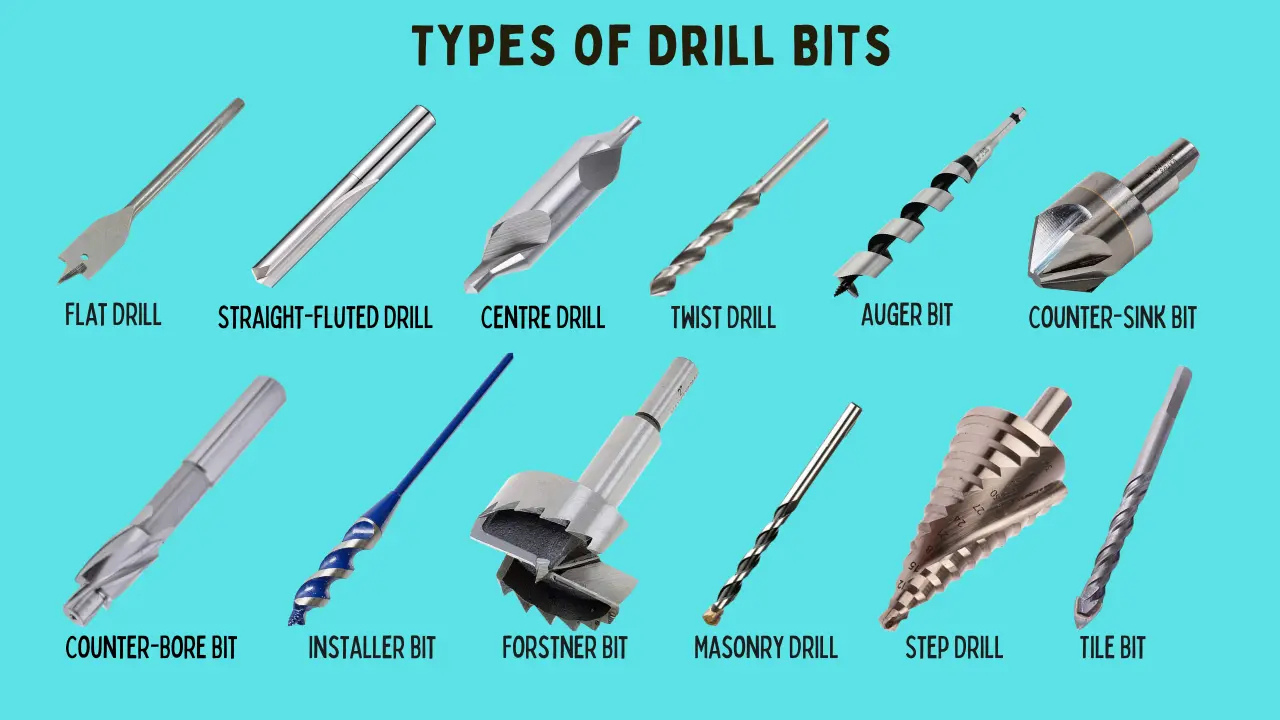The performance of equipment used for land clearing, forestry management, and vegetation control depends entirely on component quality. The industry depends on mulcher teeth and flail mower blades as essential wear parts that need to endure heavy-duty operations and abrasive material exposure. The article investigates the reasons why forging stands as the preferred production technique for creating flail mower teeth and blades.
Resistance to Fatigue and Impact
Mulcher teeth and flail mower blades function in demanding conditions that subject them to continuous impact stress and vibration forces. The components face intense impacts from trees, rocks, and other debris until failure occurs when using non-durable materials. Parts made through forging demonstrate superior impact resistance because their single and continuous grain pattern prevents damage when struck. The forging process creates metal with fine grains that resist fatigue better than other materials. Thus, Mulcher teeth and mower blades stay durable under all operating conditions.
Uniform Grain Structure for Enhanced Performance
The main benefit of forging is that it results in a consistent grain pattern that extends throughout the entire part. The uniform composition of the metal material leads to stronger and tougher performance. The uniform grain structure of forged Mulcher teeth and flail mower blades enables them to wear evenly, which prevents equipment failure and inefficiency. All parts wear uniformly across the surface because of this feature, which provides edges for improved cutting sharpness. The uniform structure of forged components supports equipment operational efficiency while clearing vegetation and navigating difficult terrains.
Customization for Specific Applications
Through forging manufacturing processes, companies can produce mulcher teeth and flail mower blades that fit specific dimensions and shapes. The parts manufacturing process includes flexible design features that enable manufacturers to create equipment-specific components for land-clearing operations. Custom-forged parts fulfill the specific requirements of different forestry and land-management operations which results in high operational efficiency for their intended purposes.
Superior Strength and Durability
Metal shaping through forging requires high pressure to create parts with aligned material grain structures. The outcome produces elements with enhanced durability and strength compared to manufactured items through casting or machining techniques. The strength from forging becomes vital for Mulcher teeth and flail mower blades because they need to handle powerful forces while processing dense vegetation rocks and other hard materials. Forged parts demonstrate extended service life by maintaining their strength levels relative to weight because of their advantageous strength-to-weight ratio. Extended replacement intervals become possible because of their durability, which reduces operational downtime for land-clearing equipment.
Further Details
The forging manufacturing procedure creates equipment components that endure the hardest conditions, thus decreasing maintenance expenses during its operational lifespan. High-quality forged parts provide operators with improved safety because they resist failure under stressful conditions. The combination of cost efficiency and reliability makes forging an optimal choice for performing challenging tasks in land clearing and forestry management.
Conclusion
When it comes to making Mulcher teeth and flail mower blades for exceptional performance, forging stands out because it delivers maximum strength alongside durability and impact resistance, along with flexible design possibilities. The manufacturing process lengthens the operational life of wear components while improving their performance, thus making it the perfect solution for forestry and land-clearing equipment. Equipment owners who select forged parts will achieve superior productivity and dependable performance in demanding operational environments.


